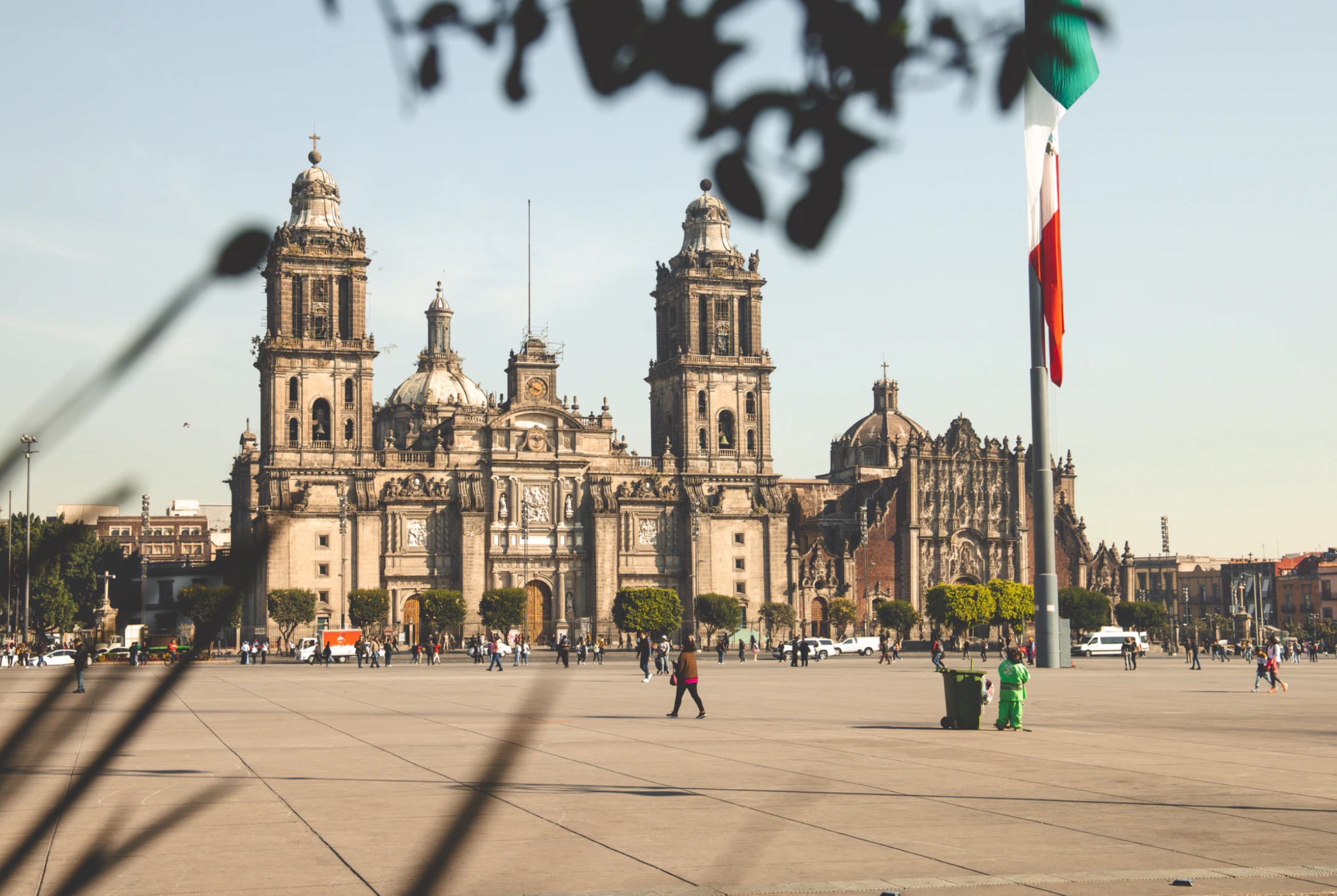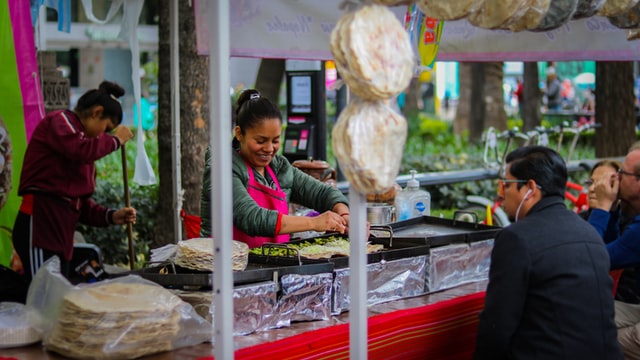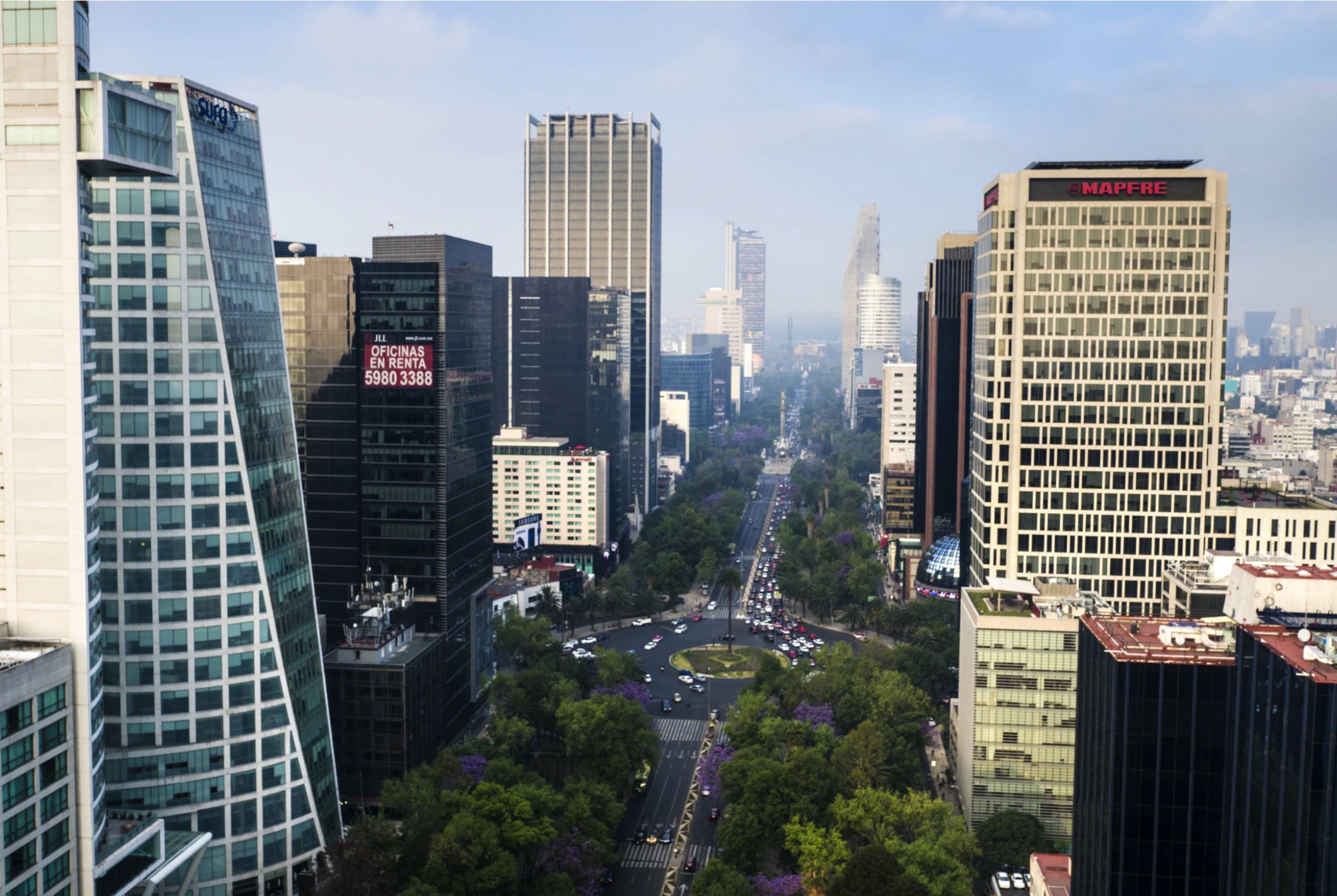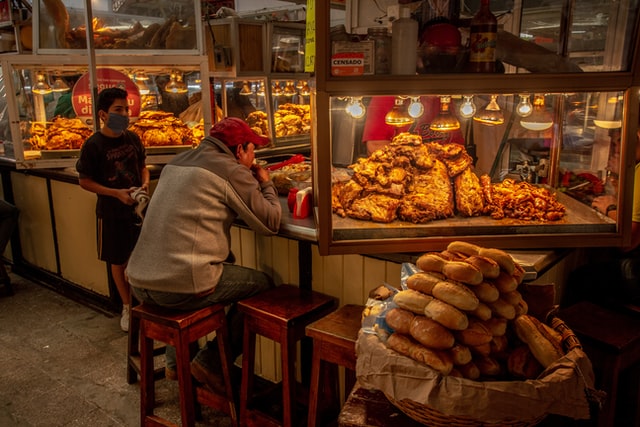
- Sustainable Planet -
- 5mins -
- 505 views
Mexico City ban on single-use plastics now in effect
Mexico’s capital kicked off the new year with a broad ban on single-use containers, cutlery, straws and other items after more than a year of preparation.
Mexico City bans single-use plastic
The sale of plastic forks, knives, straws, single-use containers, cotton buds, and coffee capsules, among other single-use plastic products, is now officially banned in Mexico City.

Mexico City follows many others around the world to ban plastic
Mexico’s capital, one of the largest cities in Latin America with over nine million people, has just introduced a ban on single-use plastics after a year-long preparation, ZME Science reported this week. The city follows many others around the world that are trying to address plastic pollution, one of the biggest and most challenging environmental problems the world is facing at this point. The sale of plastic forks, knives, straws, single-use containers, cotton buds, and coffee capsules, among other single-use plastic products, is now officially banned in Mexico City. Lawmakers approved the ban in 2019 and since then the city has been working to adjust to the legislation. Plastic bags had already been banned, and now the full ban entered into force.

At least 20 of the 32 states of Mexico have agreed to limit the use of single-use plastics
“Disposable plastics take many years to degrade. By saying goodbye to disposables we are giving our planet a breather and creating a sustainable city,” Mexico’s Environment Secretariat (SEDEMA) wrote on Twitter, encouraging citizens to follow the new rule.
Mexicans use about six million tons of plastic per year, SEDEMA added.
The government won’t apply sanctions during the first few months and, on the contrary, it will seek to inform citizens regarding the new regulation to encourage compliance. Over 1,400 restaurants and food stands have already been visited in 2019 by SEDEMA officials to raise awareness over the problems created by single-use plastics.
Speaking to EFE news agency, Greenpeace campaigner Ornela Garelli described the ban as “a good measure, even in times of the pandemic.” Still, to be effective, the measure will need the support of Mexican citizens, who will have to change their consumption habits and aim at more sustainable lifestyles, Garelli added. Introducing legislation is only the first step — compliance is sometimes a very different problem.
At least 20 of the 32 states that are part of Mexico have already agreed to limit the use of single-use plastics. Due to its size, Mexico City could now make a big difference by joining that list. Nevertheless, the move will likely be challenging, as vendors and market stalls currently use plastic all over the city for tamales and tacos, among other food products.
Source: ZMEScience

As usual, not everyone is pleased with the ban
Representatives from the plastic industry have largely questioned the new rule, claiming that at least 50 companies could go bankrupt very soon leaving over 30,000 people without jobs. They said to be looking for new materials to replace plastic but described this as difficult because of coronavirus pandemic restrictions.
Aldimir Torres, head of the Plastic Industries Association, told Televisa that companies can’t travel to Europe, Asia, or the US to find new alternatives because of the pandemic. Meanwhile, Monica Conde, head of Ambiente Plastico, a local news site focused on plastics, said prices could go up in restaurants because of the new rule.
As Mexico along with other cities and countries around the world are gradually waking up to the scale of the plastic pollution problem, introducing bans on certain products will likely become the norm in many parts of the world. This has become highly necessary as only a small part of the plastic products manufactured are actually recycled. Instead, they are incinerated or thrown in landfills, where they are often mismanaged and end up in rivers and oceans.
Source: ZMEScience

170 nations pledge to “significantly reduce” use of plastics by 2030
Last year, 170 nations pledged to "significantly reduce" use of plastic by 2030. And many have already started by proposing or imposing rules on certain single-use plastics:
- Kenya – banned single-use plastic bags in 2017 and, this June, prohibited visitors from taking single-use plastics such as water bottles and disposable plates into national parks, forests, beaches, and conservation areas.
- Zimbabwe – introduced a ban on polystyrene food containers in 2017, with fines of between $30 to $5,000 for anyone breaking the rules.
- United Kingdom – introduced a tax on plastic bags in 2015 and banned the sale of products containing microbeads, like shower gels and face scrubs, in 2018. A ban on supplying plastic straws, stirrers and cotton buds recently came into force in England.
- United States – New York, California and Hawaii are among states to have banned single-use plastic bags, though there is no federal ban.
- The European Union – plans to ban single-use plastic items such as straws, forks, knives and cotton buds by 2021.
- China – has announced a plan to ban non-degradable bags in all cities and towns by 2022. Single-use straws will also be banned in the restaurant industry by the end of 2020.
- India – instead of a proposed nationwide ban on plastic bags, cups and straws, states are being asked to enforce existing rules on the storage, manufacture and use of some single-use plastics.
From Germany to Thailand, check out BrightVibes articles on plastic bans worldwide.
Source: WorldEconomicForum

